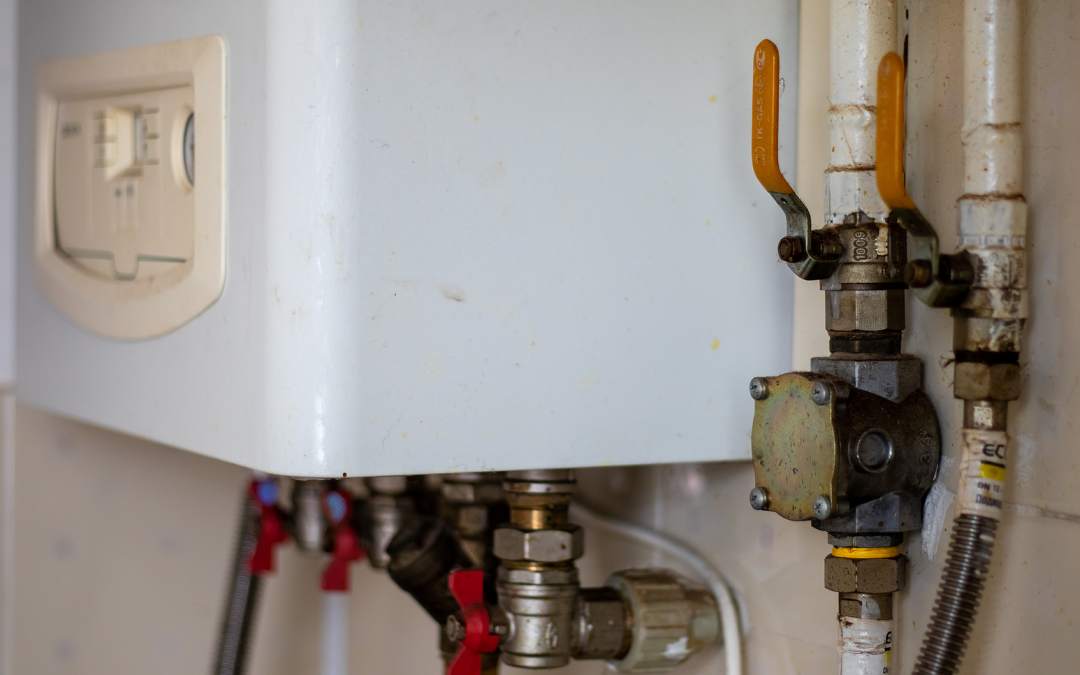There are many reasons to want to improve your property’s energy performance certificate (EPC), including making your buy-to-let more attractive to tenants, reducing your household energy bills, or limiting your carbon footprint.
The good news is there are many things you can do to make your building more energy-efficient, starting with these:
Update your boiler
Not only will it not be running as well as it used to, but technology advances rapidly, which means modern central heating appliances will be much more energy-efficient. For instance, they can heat water more quickly, requiring less gas, and saving you money.
Boilers typically have a lifespan of around 15 years, so if yours is heading towards this age, it might be worth getting a new one.
If you do not have a condensing boiler, it is worth getting one, as it uses the heat from the exhaust flue gas to heat the water, saving a considerable amount of energy.
Repair your boiler
Even if you don’t go ahead with a new boiler installation, it is worthwhile having your central heating system regularly maintained.
Call a plumber in to look over it at least once a year, as they will be able to tell you whether there are problems with the appliance or its fittings. Not only will this keep your property and its inhabitants safe, but it will also inform you of any repairs you could do to improve its energy efficiency.
As much as 59 per cent of homes have a poor EPC rating between D and G, which means 14 million households in the UK are paying higher bills than they have to.
Taking simple steps such as regularly maintaining your boiler could improve your EPC, reducing the amount of energy you use.
Loft insulation
Another simple but effective way of improving your property’s EPC is insulating the loft. Even if you already have loft insulation, you might consider increasing the thickness, as this could also raise the energy rating of your home.
According to the Energy Savings Trust, a quarter of heat in a house is lost through the roof if it is not insulated.
Therefore, it is certainly worth doing, as loft insulation can last around 40 years, and could save you lots of money on your fuel bills over the decades.
In fact, fitting 270mm of loft insulation at a cost of £880 for a mid-terrace house could save £225 per year in energy bills, which amounts to £9,000 over 40 years.
Solar panels
Although this is a greater expense, installing solar panels on your property would dramatically improve its EPC rating and lower energy bills.
The panels use solar energy to heat and light up the house, meaning your reliance on the National Grid significantly declines.
What’s more, thanks to the Smart Export Guarantee (SEG), you can be paid for the renewable electricity you export to the grid. For those who are in the house all day, this means they could save £525 a year.
With the average system costing around £7,000, it would pay for itself in less than 14 years, after which you will be able to simply enjoy lower energy bills.

